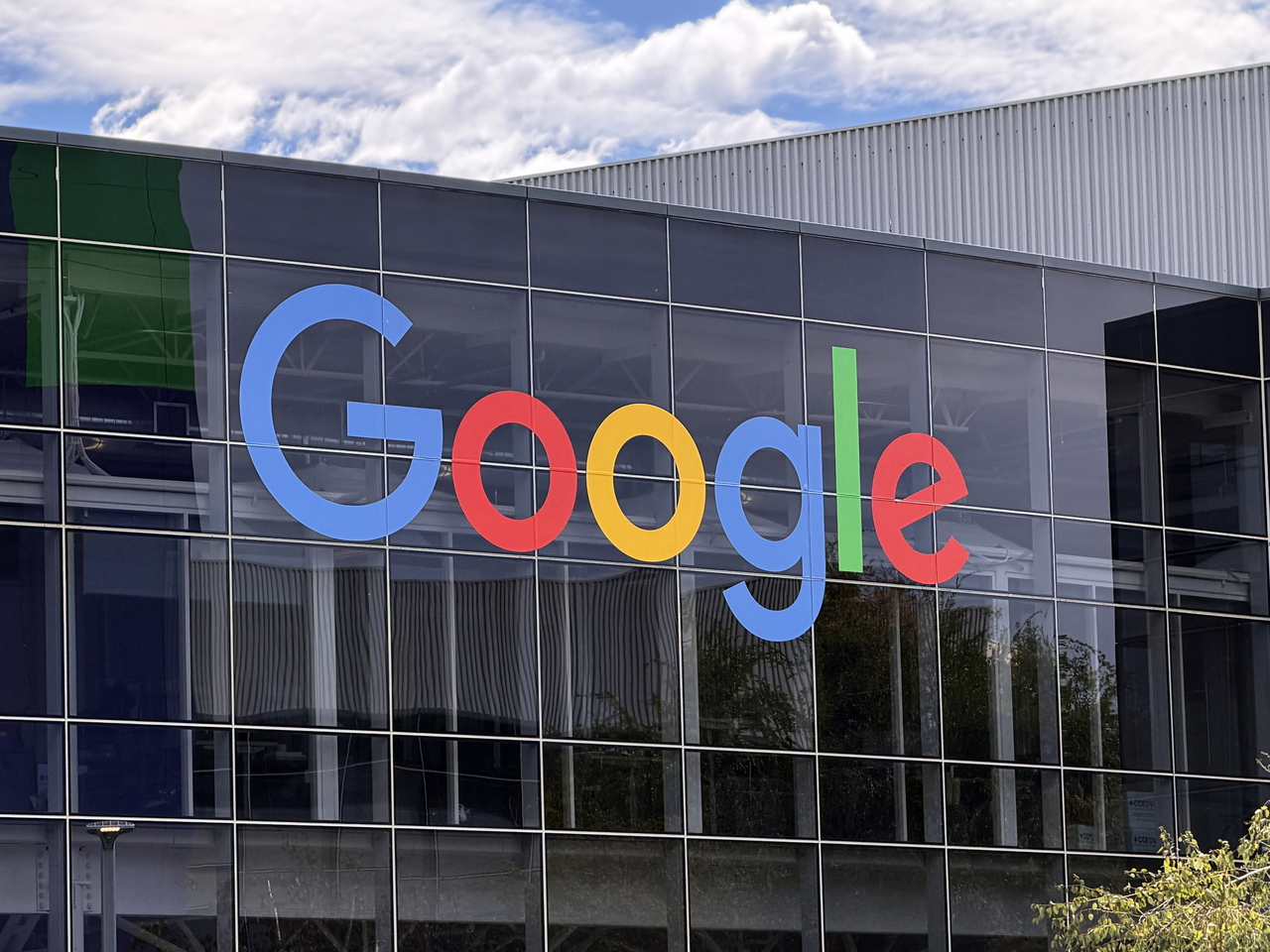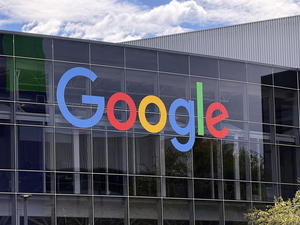 Googleplex, the corporate headquarters complex of Google and its parent company Alphabet, in California (EPA-Yonhap)
Googleplex, the corporate headquarters complex of Google and its parent company Alphabet, in California (EPA-Yonhap)
Google may have avoided paying up to 347.9 billion won ($244 million) in network usage fees in 2024, a Korean lawmaker claimed Monday, reigniting debate over global tech firms’ alleged “free-riding” on the nation’s internet infrastructure.
Rep. Choi Soo-jin of the main opposition People Power Party, who sits on the National Assembly’s Science, ICT, Broadcasting and Communications Committee, said her independent analysis suggests that Google’s unpaid fees likely range from 214.7 billion won to 347.9 billion won.
The lower-bound figure was calculated based on the past network fee ratios of local platform operators Naver and Kakao, while the higher-bound estimate reflects Google’s estimated share of Korea’s internet traffic.
“Paying for network usage is a fundamental principle of market fairness,” Choi said. “Google is effectively exploiting its overwhelming market dominance to enjoy annual ‘free benefits’ worth hundreds of billions of won — a textbook case of market failure.”
The 214.7 billion won estimate was derived using the historical payment ratios of Naver (1.8 percent) and Kakao (2 percent) from 2016. Those figures were then applied to Google Korea’s projected 2024 revenue of 11.3 trillion won, as estimated by Jeon Seong-min, a business administration professor at Gachon University.
The higher-end estimate, 347.9 billion won, is based on Google’s presumed 31.2 percent share of the nation’s internet traffic. According to the Korea Information Society Development Institute, the total value of the dedicated internet line market in 2024 was about 1.12 trillion won.
Choi reiterated her call for the swift passage of the proposed “network free-rider prevention act,” legislation aimed at requiring fair contributions from large foreign content providers. She also urged the government to act as an active mediator in network usage negotiations between global tech firms and domestic telecom operators.
“This is not about protectionism,” she said. “It’s about correcting structural reverse discrimination against Korean ICT companies and restoring competitive balance.”
Google and other foreign platform operators have long opposed mandatory network fees in Korea, arguing that such charges amount to “double billing,” since end users already pay internet service providers for access.
They also invoke net neutrality principles, which hold that internet traffic should not be subject to differential treatment based on content, platform or application.
yeeun@heraldcorp.com

